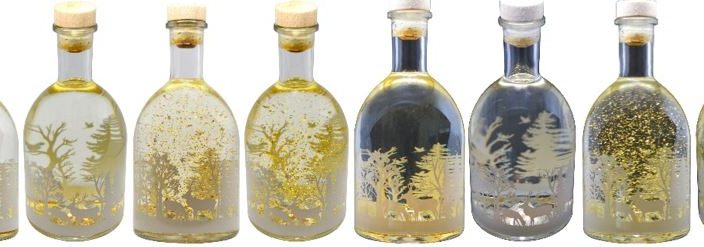Just Because the Court can, Doesn’t Mean it will: The Difficulty in Seeking to Avoid an Injunction Following a Finding of Copyright Infringement in the UK
As reported previously in our blog post here, earlier this year the High Court of England and Wales found in Lidl’s favour regarding allegations of trade mark infringement, passing off and copyright infringement by Tesco. However, Tesco has suffered a further loss following a supplementary hearing focused on what the most appropriate form of relief was for copyright infringement (although it was agreed by the parties that Lidl was entitled to an injunction in light of findings of trade mark infringement and passing off).
Read More
